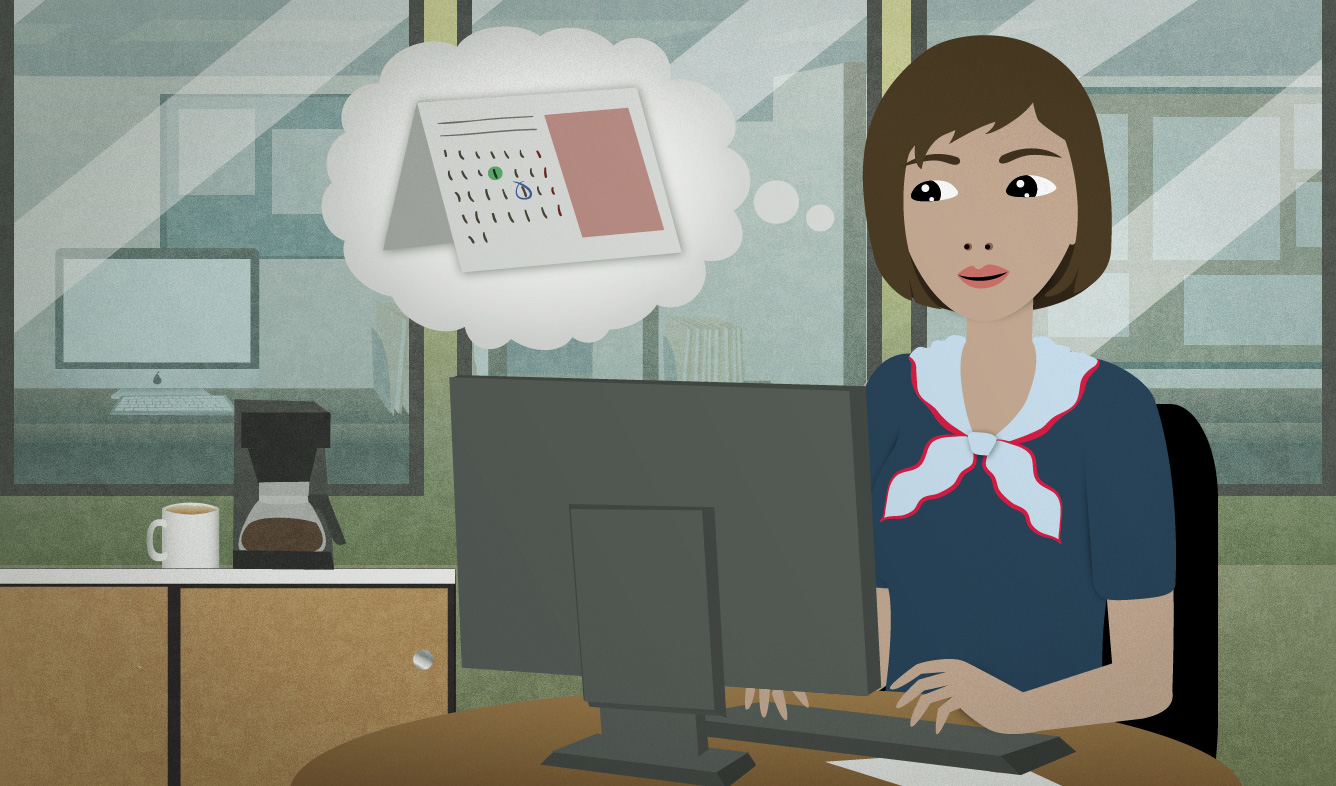“I probably won't be able to get to it until early next week, though.”
A coworker sent you an email asking you to help with a project that she's working on. You say yes. But the project isn't as urgent as your other work, so you tell her that you can't do it immediately.
I probably won't be able to get to it until early next week, though.
Want Video and Sound? Follow us on YouTube

get to (something)
When you use "get to ___", it sounds like you have a long list of things to do, and you're finally reaching one item on the list. You use this phrase when you're busy:
I'll try to get to that this afternoon.
You can also use this phrase when you have a lot of things that you want to talk about in a conversation, a speech, a meeting, etc.
I wanted to talk about the new marketing campaign we just rolled out, but it looks like we won't be able to get to that today.
I won't be able to (do something)
"Not able to" means "can't". So "I won't be able to" means that you can't do something in the future.
You use this expression when you are saying "no" to an invitation or changing a plan that you made:
I won't be able to stay for very long.
I'm really sorry, but I won't be able to attend.
(something) probably (does something)
The word "probably" expresses a more than 50% chance that something is true or is going to happen. You use it in front of a verb:
I probably won't wake up until noon tomorrow.
This is probably the best beef stew I've ever had.
(sentence), though
"Though" is similar to "but" and "however". It is usually used at the end of the sentence in spoken English:
I have a pilot's license. I haven't flown in almost 5 years, though.
In written English, it's more appropriate to use it between clauses:
I have a pilot's license, though I haven't flown in almost 5 years.
"However" can be used in the same way:
I do agree with the Prime Minister on defense, however.
"Though" is more casual than "however", though.
early next (week/month/year)
Use the phrase "early next ___" to talk about something that's going to happen in the first half of the next week, month, day, century, or millenium:
I'm going to Germany early next week.
Analysts predict that it will be completed by early next year.
You can also use the phrases "early this ___", "late next ___", and "late last ___", and so on.
We started dating late last year.
